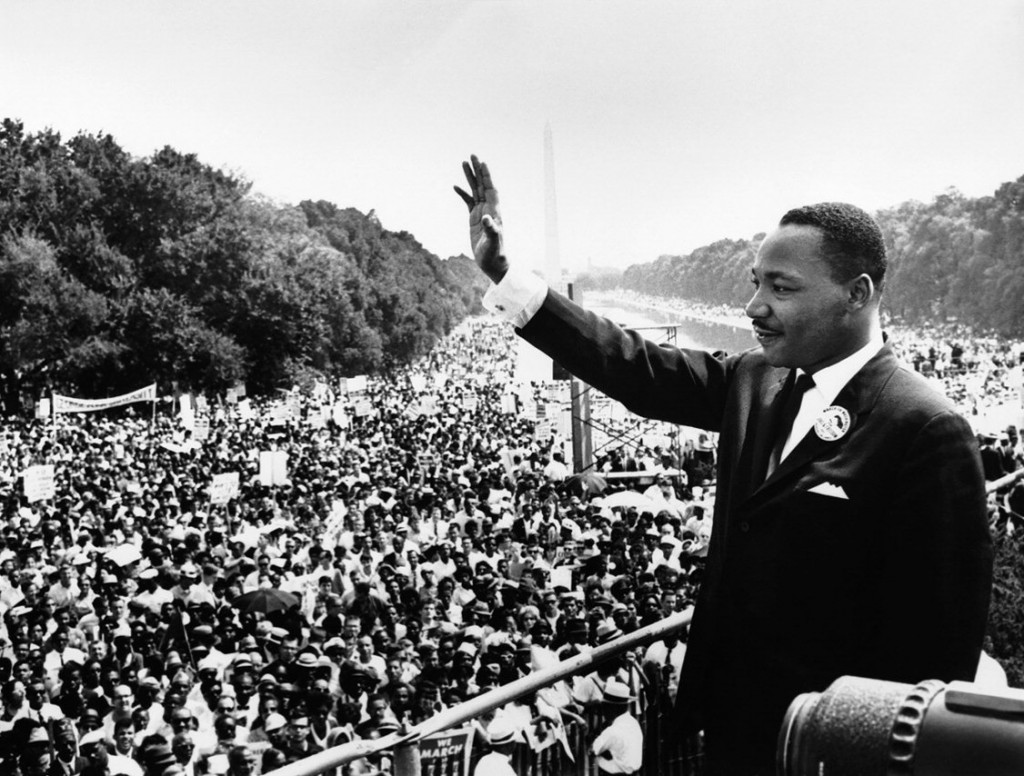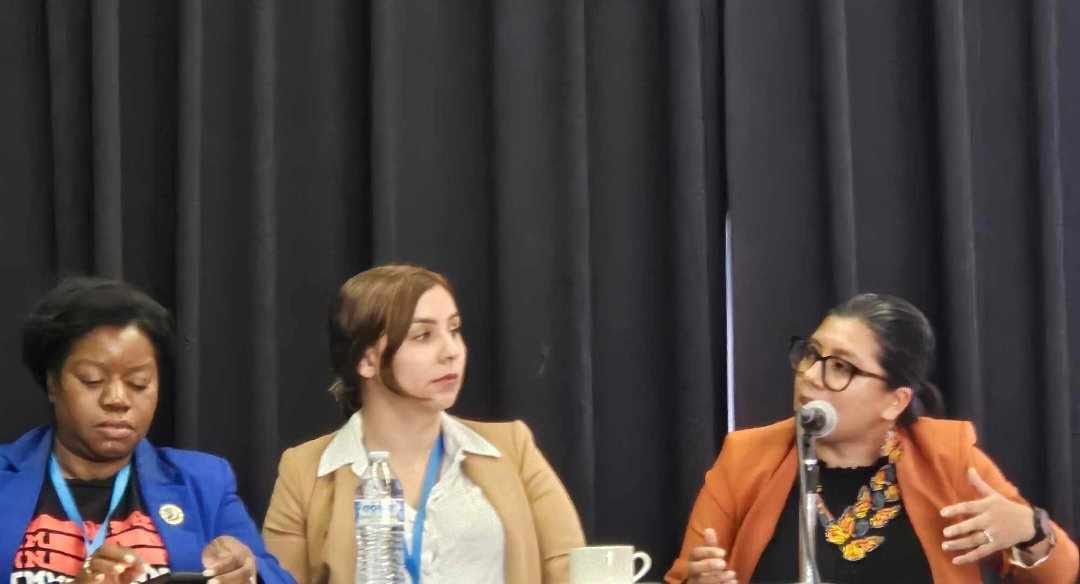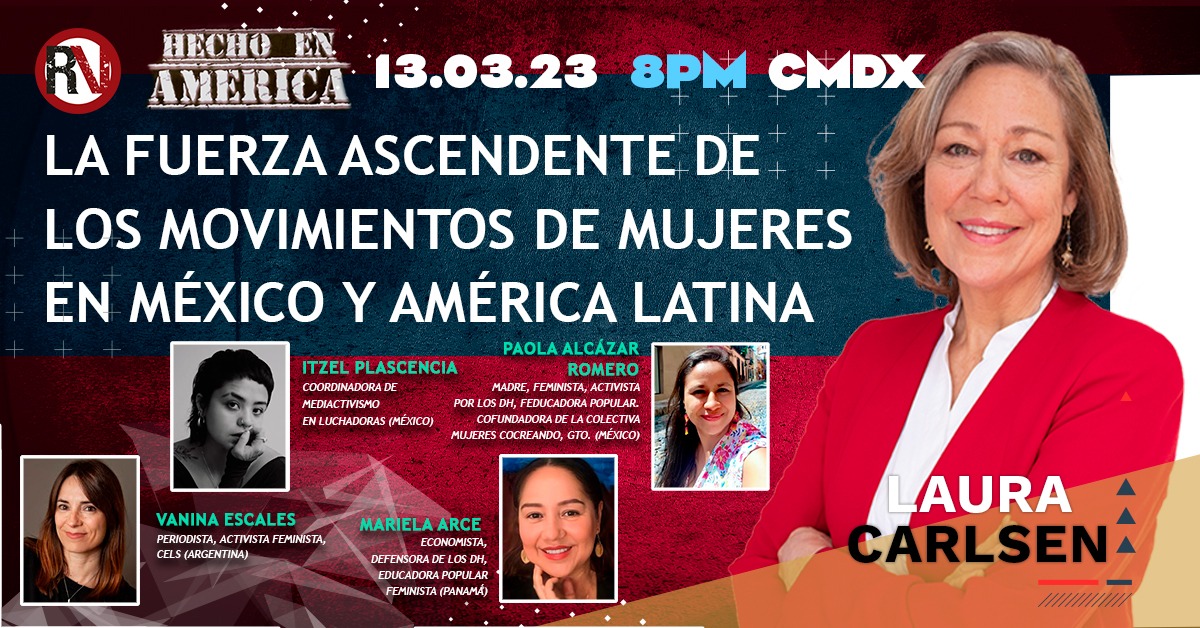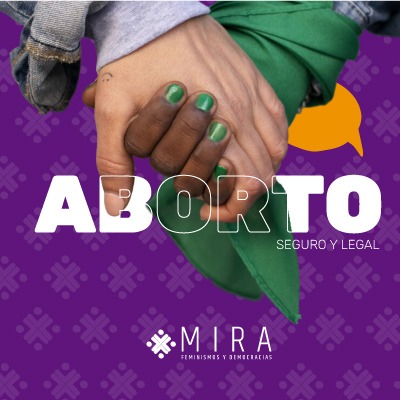 Note: This article is based on a blog published Sept. 7, 2012, written by the author during the Caravan for Peace with Justice and Dignity stop in New York City. The article examines King’s famous speech “A Time to Break Silence” against the Viet Nam war and how his arguments against that war apply to today’s War on Drugs throughout the world.
Note: This article is based on a blog published Sept. 7, 2012, written by the author during the Caravan for Peace with Justice and Dignity stop in New York City. The article examines King’s famous speech “A Time to Break Silence” against the Viet Nam war and how his arguments against that war apply to today’s War on Drugs throughout the world.
The Caravan for Peace with Justice and Dignity made one of its last stops in New York City, on September 4. In an emotional encounter at the historic Riverside Church, hundreds of caravan members and New York supporters, mainly from African-American and Latino organizations, met each other and listened to personal stories of the devastation caused by the drug war on both sides of the border.
The church, a huge neogothic structure built by the Rockefellers, has a long history of housing causes for social justice.
…we have been repeatedly faced with the cruel irony of watching Negro and white boys on TV screens as they kill and die together for a nation that has been unable to seat them together in the same schools. And so we watch them in brutal solidarity burning the huts of a poor village, but we realize that they would hardly live on the same block in Chicago. I could not be silent in the face of such cruel manipulation of the poor.
In his speech, called “A Time to Break Silence”, King cited his reasons for opposing the war in Viet Nam. His moral critique of the Viet Nam war bears an uncanny application to the drug war today. Despite the difference in historical contexts and the differences between the two wars, the similarities and the truth of his words stand both the test of time and the test of conscience.
Wars Against the Poor
Both wars were, and are, deadly–there have been more than 100,000 dead or disappeared in Mexico’s drug war alone. Both were unconventional wars for their time. And both were fought for motivations distinct from those professed to the people.
“The war as an enemy of the poor.” King viewed the Viet Nam war as “an enemy of the poor”. He noted how advances in fighting poverty and inequality in the U.S. were being dismantled to feed the war machine. The trade-off was starkly obvious:
I knew that America would never invest the necessary funds or energies in rehabilitation of its poor so long as adventures like Vietnam continued to draw men and skills and money like some demonic destructive suction tube.
We also know that today. With a budget in crisis, social programs have been stripped, historic rights rolled back and living standards eroded as the defense budget not only maintains its girth but continues to grow. The war on drugs has become a critical element in justifying militarism’s insatiable appetite.
In Mexico, where the financial crisis, NAFTA and governmental indifference have created some 12 million more poor people, the drug war has absorbed an enormous part of the Mexican budget. U.S. aid to Mexico has gone almost exclusively to the $2.6 billion-dollar “Merida Initiative”–a security aid package focused on fighting the drug war. The war economy in both countries has powerful backers among the defense, security and intelligence companies. For governments seeking social control, the drug war has the added advantage of not only keeping the poor poor, but also eliminating a large number of them–behind bars or in mass graves.
The “cruel manipulation of the poor” that King spoke of is the modus operandi of the drug war and the prisons and barrios are the new battlefields where young lives are lost.
[The war] was sending their sons and their brothers and their husbands to fight and to die in extraordinarily high proportions relative to the rest of the population. We were taking the black young men who had been crippled by our society and sending them eight thousand miles away to guarantee liberties in Southeast Asia which they had not found in southwest Georgia and East Harlem.
I knew that I could never again raise my voice against the violence of the oppressed in the ghettos without having first spoken clearly to the greatest purveyor of violence in the world today — my own government.
Forty-five years later, we can say the same. If we do not oppose the drug war, we cannot claim to be non-violent and credibly stand up against more conventional wars or invasions. The U.S. government’s Merida Initiative promotes violence and militarization in Mexico as a solution to drug trafficking and its prohibitionist drug laws and violent enforcement tactics lead to violence and deaths in U.S. communities. We either condone that and abandon all pretenses of non-violence or we oppose it actively and remain consistent in our beliefs.
By keeping silent since Bush launched the Merida Initiative in 2007 and Obama promoted it since then, we have allowed the militarized drug war model to spread–to Central America where remilitarization after the peace agreements threatens gains, and to the Caribbean.
Many women in New York, and probably all over the world, are usually incarcerated for nonviolent drug offenses. Most of the time, they started using drugs due to past abuse, abandonment by parents, victimization and sexual assaults. Instead of treating these occurrences as health hazards or diseases, when we turn to drugs to medicate our pain, they lock us up.
Speakers from New York and Mexico also spoke from their own personal experience and related how they joined a movement against the drug war. Following the testimonies, more than 400 people marched through the late-summer night chanting ‘No More Drug War’ and calling for justice in the streets of Harlem.
King also argued against the war based on an appeal to the “vocation of sonship and brotherhood”, a religious calling that–when women are added into the language–demands making common cause with and understanding the suffering of others. The Mexican peace caravan to the United States forged those bonds and sought out that common cause. The victims, with their photos of murdered or missing loved ones and their stories of pain, challenged the U.S. public to consider the devastation wrought by support of a drug war without end.
The stories at Riverside Church–four decades after Martin Luther King spoke out there on Viet Nam–again broke the silence about the war. Not a war on a foreign continent, but a crossborder war that rages within our communities from Harlem to Jalisco. And this time, the silence was broken in two languages.
As the U.S. government extends the failed drug war from Colombia and Mexico, to Central America, the Caribbean and Africa, King’s closing words fit as well now as then:
We still have a choice today: nonviolent coexistence or violent co-annihilation. We must move past indecision to action. We must find new ways to speak for peace in Vietnam [or in the drug war] and justice throughout the developing world, a world that borders on our doors.



